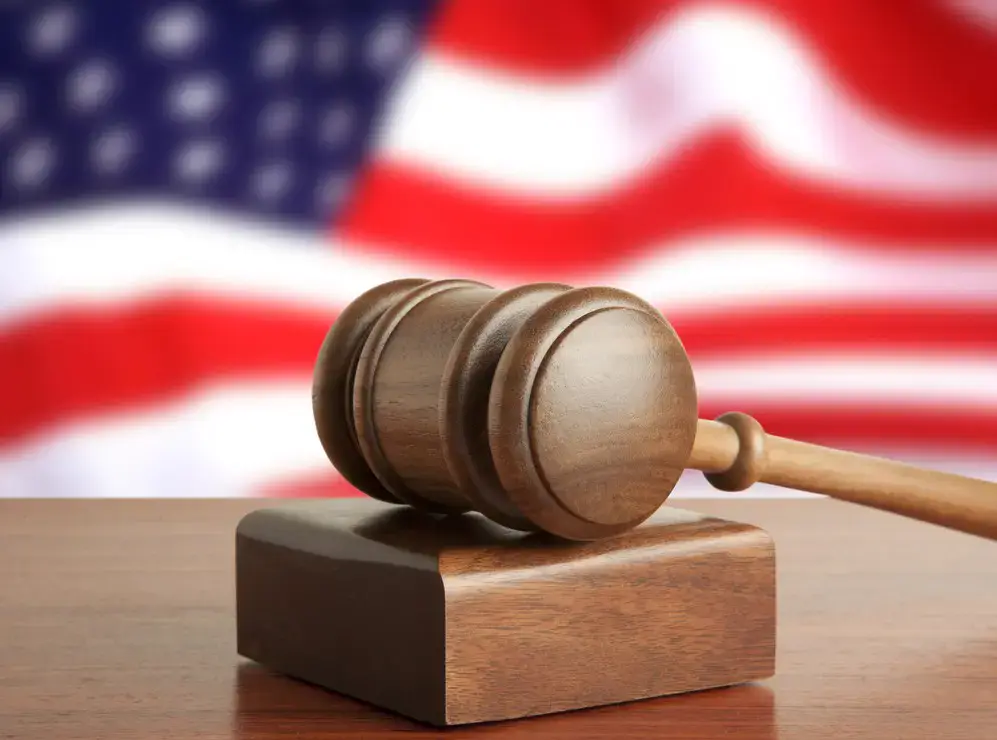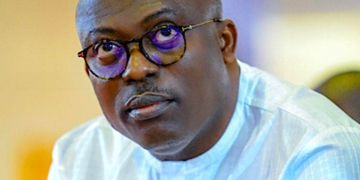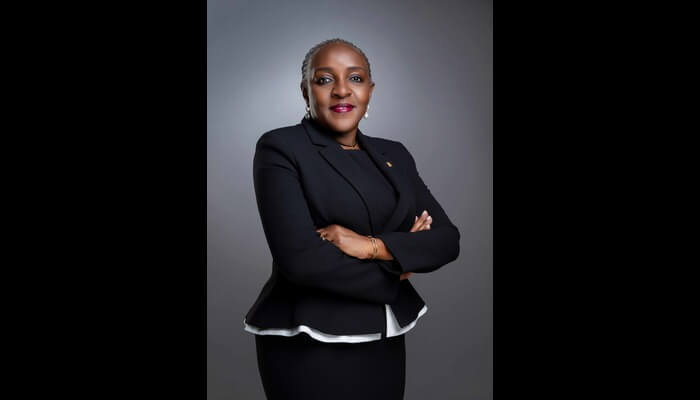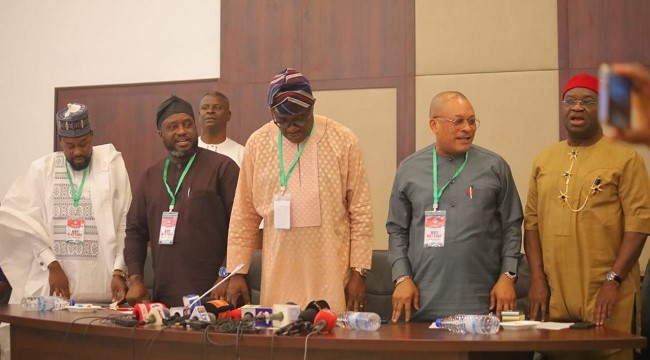UK supreme court dismisses P&ID appeal, upholding £43m award in sterling to Nigeria after years-long gas contract fraud dispute
UK supreme court has dismisses P&ID appeal in a landmark decision that reaffirmed Nigeria’s legal victory in the decade-long gas processing dispute.
Also read: Ibadan court theft sentence sees UK returnee jailed for stealing tenants’ property
The court ruled that the £43 million award against Process & Industrial Development must be paid in pound sterling, not in naira, marking another decisive win for the Nigerian government.
In a unanimous judgment delivered on Wednesday, a five-member panel led by Lord Robert Reed dismissed the company’s arguments that the payment should be made in Nigerian currency.
The court found that since Nigeria paid its lawyers in sterling, it was appropriate that the compensation be awarded in the same currency.
Other members of the panel included Dame Simler, Lord David Richards, Lord Ben Stephens, and Lord Patrick Hodge.
P&ID had challenged the earlier rulings, insisting that Nigeria’s funding of its legal fees through converted naira justified payment in local currency.
However, the UK Supreme Court dismisses P&ID appeal on that point, calling the argument baseless and inconsistent with commercial fairness.
The judgment follows years of legal tussle stemming from a 2010 gas processing agreement between P&ID and the Nigerian government.
The deal collapsed after Nigeria accused the firm of orchestrating a fraudulent contract designed to extort billions from the state.
In 2017, a tribunal ordered Nigeria to pay $6.6 billion plus interest, but in 2023, Justice Robin Knowles of the Commercial Court of England and Wales found the award had been secured through fraud and bribery.
The court instead ordered P&ID to pay £43 million to Nigeria in costs.
P&ID’s appeal to the UK Court of Appeal and subsequently to the Supreme Court both failed.
The justices noted that depreciation of the naira since 2019 “has resulted in a substantial diminution of its domestic purchasing power,” rejecting claims that Nigeria would enjoy a “windfall” from the sterling payment.
The Supreme Court’s decision effectively closes one of Nigeria’s most consequential international arbitration cases, confirming that the country will recover its legal costs in full.
Also read: False Story: Daniel Ojukwu afraid of going to court, refuses to cooperate with Police
Legal analysts described the judgment as a powerful affirmation of judicial integrity and a major step in deterring corporate fraud in state contracts.





























